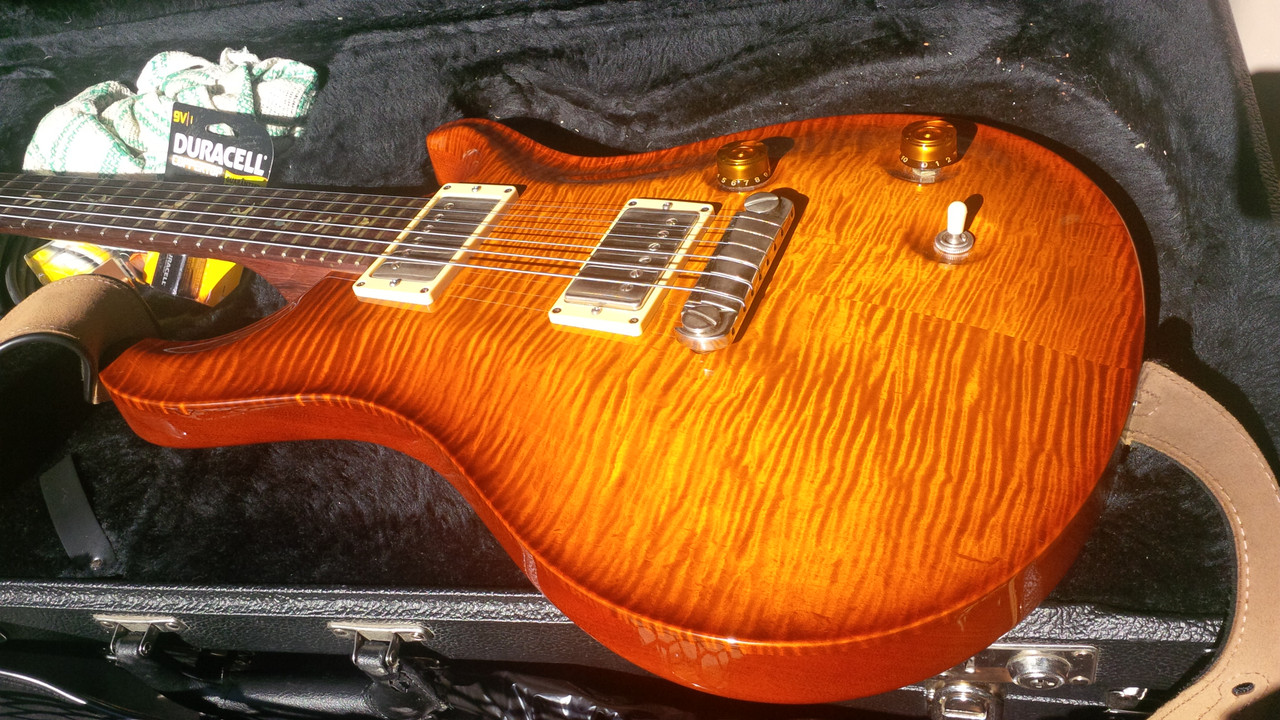Tonart
Tone of the Art......or is that backwards?
- Joined
- Jan 4, 2018
- Messages
- 2,755
I could probably recoup 60% the day my guitars are sold. 40% is not an exorbitant expenditure for a lifetime of enjoyment. So no, it’s never an investment for me. You’re competing with the manufacturer himself. He can make an endless supply, unlimited limited runs. A million dragons if they wanted to. There are thousands and thousands of talented artists out there, each with a different interpretation of what a dragon should artistically look like. I’ll bet many could offer better visual art than what has been issued so far.
Maybe certain materials are inherently rare or become unobtainable after a while, like Pernambuco or Mammoth Ivory. But how many people really care about such things, hence where is the demand going to come from?
The fact that the equivalent of a living Leo Fender inspects and signs on every private stock guitar does distinguish them in my opinion, but by the time Paul retires there’ll be so many PS guitars that it’s a marginal bump in value if there even is one.
So nope, I don’t see them as investments but rather a “mitigated expenditure”.
Maybe certain materials are inherently rare or become unobtainable after a while, like Pernambuco or Mammoth Ivory. But how many people really care about such things, hence where is the demand going to come from?
The fact that the equivalent of a living Leo Fender inspects and signs on every private stock guitar does distinguish them in my opinion, but by the time Paul retires there’ll be so many PS guitars that it’s a marginal bump in value if there even is one.
So nope, I don’t see them as investments but rather a “mitigated expenditure”.




